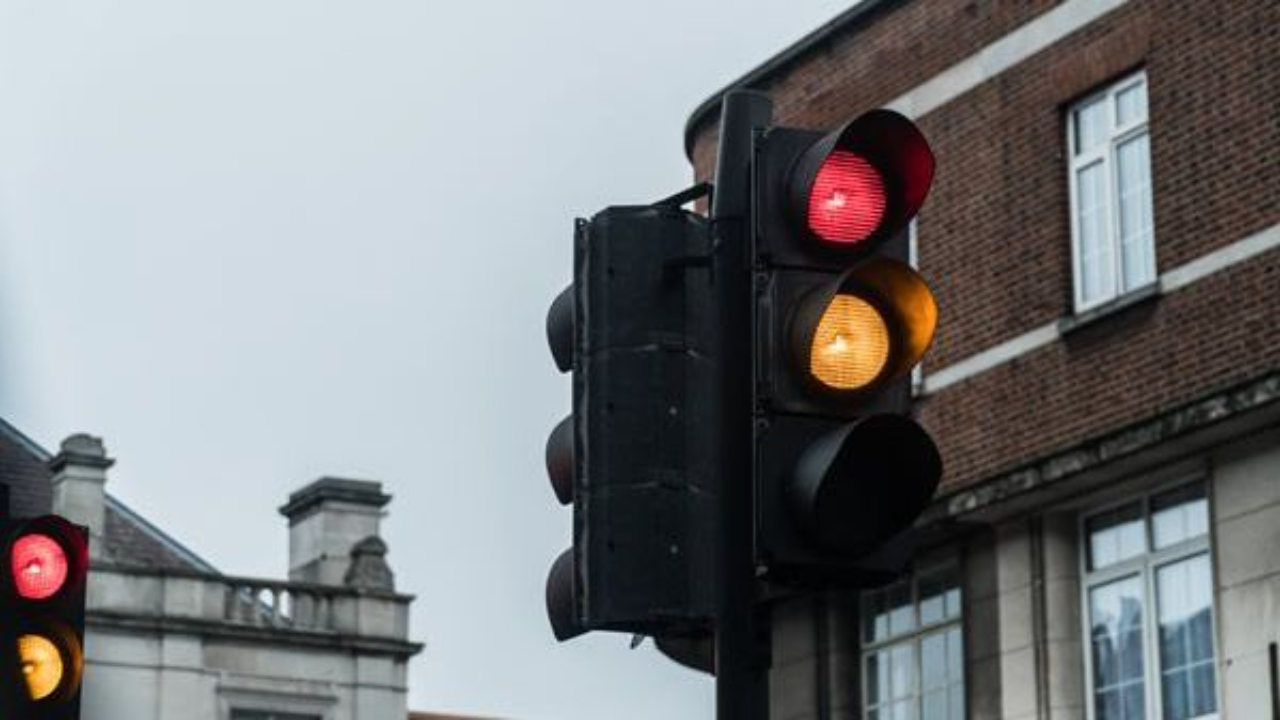TRIGGER. TRIGGER. TRIGGER.
May 03, 2022
“I’m done. Don’t talk to me anymore. Go ask your father.”
It was a harsh thing to say to an 8-year-old, but I admit it, that’s what I said to my daughter.
Picture this.
Hot afternoon. Standing in a crowd with a lot of noise. All of us hungry.
Add to that my kids asking what felt like a hundred questions in rapid-fire.
I felt provoked.
Annoyed.
Angry.
When you hear the word trigger what comes to mind?
A trap or maybe a gun?
Because I’m Canadian, not a farmer or a hunter and I don’t know anything about guns, I’m going to stick with a trap analogy.
Every spring I set out traps in my garden for the bunnies.
I have no intention of hurting the cute little furballs of destruction, but just to re-home them way out in the country.
I set the trap and place the bait and hope that the bunnies hit the trigger and the trap will snap shut.
Every year, they beat me.
My veggies are eaten and the traps remain empty.
By definition, a trigger is designed to initiate a reaction.
If the bunnies don’t push the trigger there is no action, the trap doesn’t close.
Triggers. Oh, triggers.
When it comes to our mental state triggers are external events that produce uncomfortable emotional reactions.
Did I mention uncomfortable?
Triggers are often linked to a past negative experience or situations that cause stress and feelings of overwhelm.
Ugh.
For me, hungry, hot and crowds is the trifecta of triggers.
Those three things create such a stress response that I struggle to cope with whatever is happening at the moment.
For you, it may be the anniversary of the loss of a loved one. Or something that reminds you of a bad memory like a song or the way someone touched you.
Or perhaps even the ding of an incoming email provokes feelings of overwhelm.
No one is safe.
We all know we have triggers. Those things that set us off.
So be aware of yours so you can better manage the stress.
There is a great article in the New York Times about the wellbeing of clergy members, that states that clergy members now suffer from obesity, hypertension and depression at rates higher
than most Americans.

In the last decade, their use of antidepressants has risen, while their life expectancy has fallen.
What was once considered a profession of peace, meditation and linked to a higher life span is now suffering from significantly higher rates of stress-related illnesses.
We can no longer ignore the physical impact that emotional stress brings.
And here’s the key: if we can identify what it is in our lives that triggers our stress we will be able to actually do something about it.
The problem comes when we don’t do anything about the daily stressors.
And they build up, and build up, and build up into warning signs pointing to danger.
Our bodies and minds bare the brunt of these accumulative stressors and the impact begins to be felt in every area of our lives.
Friendships, sleep, health, intimacy and mental health.
Picture a scale going from green to yellow to red.
There are days when our stress levels are in the green.
A good example is when we are back from vacation and we are looking forward to going to work. We are feeling pretty great about life.
Days in the yellow have higher stress levels and feelings of overwhelm. Think back to back appointments, missed meals and just feeling peopled out.

Then there are the red days.
Exhaustion and feelings of failure, guilt and loneliness from neglecting family.
It’s fairly typical to experience green, yellow and red zone moments all in one day.
But the goal is to stay out of the red zone as much as possible.
It’s when we spend a prolonged time in the red zone that we start to see more severe warning signs that we are in trouble.
Not sleeping well because of a major presentation the next day is typical and yellow zone material.
But to not sleep for weeks or months because of prolonged stress and overwhelm… well, now you’re living well in the red zone.
The green, yellow and red scale is a helpful tool for quick self-assessment.
You don’t need to remember all the names and descriptions, but if you are able to see what zone you are in then you can do something about it.
Acknowledging the impact takes away the blame and shame of the overwhelm.
Use this link to print off the scale and identify some of your key triggers.

